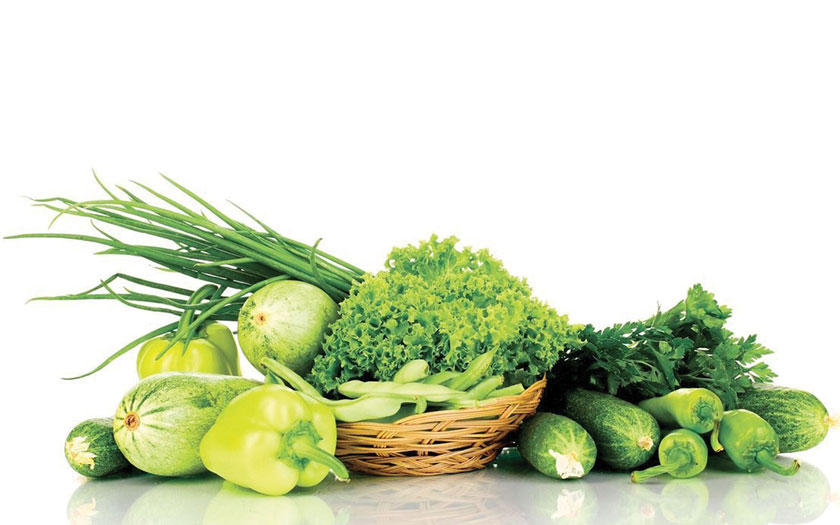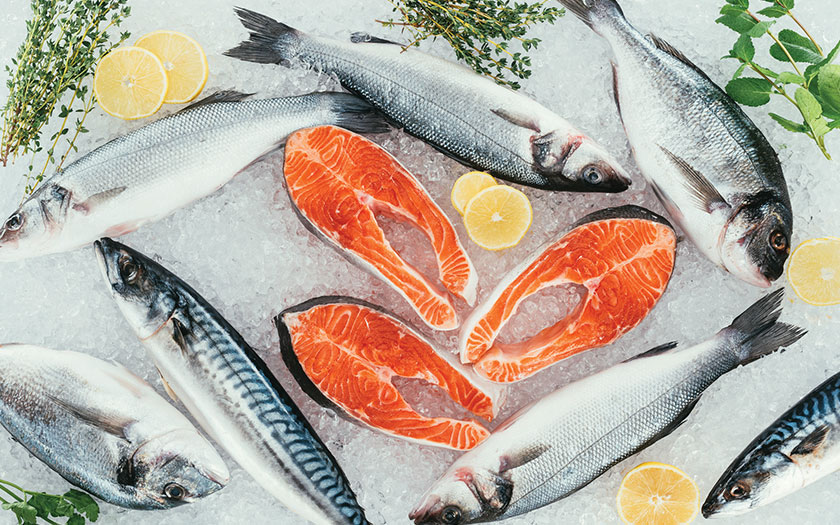The kidneys are organs found at both sides of our lower abdomen and they play a crucial role in our overall health. If they can’t function well, we could end up with a life-threatening kidney disease. Kidney disease is a non-communicable disease (NCD) and currently affects around 850 million people worldwide.
- One in ten adults has chronic kidney disease (CKD).
- The global burden of CKD is increasing, and is projected to become the 5th most common cause of years of life lost globally by 2040.
- Chronic kidney disease is a major cause of catastrophic health expenditure.
- The costs of dialysis and transplantation consume 2–3% of the annual healthcare budget in high-income countries; spent on less than 0.03% of the total population of these countries.
- In low-income and middle-income countries, most people with kidney failure have insufficient access to lifesaving dialysis and kidney transplantation.
Here are some hard facts according to www.worldkidneyday.org/
Studies have revealed that the kind of foods we eat may turn out to be a risk factor for CKD-related death and disability. For people who are already suffering from kidney diseases, making dietary changes is a key part of treatment, owing to the fact that a kidney-healthy diet plan may help the kidneys to function better and prevent further damage to these organs.
Here are some foods that are known to be able to aid in kidney health.
Dark green leafy vegetables
If you are not a fan of vegetables such as mustard leaves, spinach, kale, bak choy and chard, it’s about time you put your preferences aside and make room for them. It shouldn’t be a problem for Malaysians to purchase dark green leafy vegetables from the supermarket or fresh market, and most times, we are spoilt for choice! They all contain a wide variety of vitamins, fibers, and minerals as well as protective antioxidants that help the body fight off diseases at a cellular level. Do note though that certain ways of preparing these vegetables may result in them containing high levels of sodium. The best way to eat them is by blanching them in hot water and consuming them with little or no additional ingredients. If you do need to flavour them, do so slightly. Garlic is an excellent seasoning choice for people with CKD. It can give foods a more satisfying, full flavor and may reduce the need for extra salt. Garlic also offers a range of health benefits. However, dark leafy greens also tend to be high in potassium, so they may not be suitable for people on a restricted diet or those who are already undergoing dialysis. Note: Arugula is generally lower in potassium than other greens, but it still contains fiber and other beneficial nutrients.

Cauliflower
Here’s a versatile vegetable which is ideal for people with CKD. With the right preparation, it makes a good replacement for foods such as rice (cauli rice), mashed potatoes, and even pizza crust. Cauliflower also contains a range of nutrients without providing too much sodium, potassium, or phosphorous.
An apple a day…
… may help keep kidney disease away! Apples are not just tasty and satiating, they are also rich in an important fibers called pectin. Pectin is important in our diet for it helps to reduce some risk factors for kidney damage, such as high blood sugar and cholesterol levels. So, adding apples into your diet may ultimately help to keep your kidneys healthy.
Eat apples fresh and not cooked or baked. That is, if you intend to eat it for its nutrients and for health purposes. Remember too, that eating an apple is not the same as drinking apple juice. In fact, juicing apples results in their fibers being removed, leaving you with a drink that is high in sugar and void of its important nutrients!
Sweet potatoes
As a tuber, a sweet potato differs from a white potato owing to the fact that it has more fibers and breaks down at a slower rate. This results in less of a spike in insulin levels. Sweet potatoes also contain vitamins and minerals that may help balance the levels of sodium in the body and reduce its effect on the kidneys. However, moderation is the key, especially for individuals who have CKD. The potassium level of sweet potatoes may be a risk factor if taken in excess.
Omega-3 in fatty fish
If you love seafood, this will be good news for you, for foods such as salmon, tuna, and other cold-water, fatty fish are generally rich in omega-3 fatty acids. This makes them a beneficial addition to any diet, for the human body cannot make omega-3 fatty acids – we depend on our diets for them. Omega-3 fats may reduce fat levels in the blood and may also help in lowering blood pressure. As high blood pressure is a risk factor for kidney disease, finding natural ways to lower it, even a little, may help protect the kidneys.
Best choice of cooking oil for kidney health: Olive oil
Olive oil may be the best cooking oil because of the type of fat that it contains. It is high in oleic acid, which is a polyunsaturated fatty acid that may help reduce inflammation in the body.
Dark berries
Dark berries, which include strawberries, blueberries, and raspberries, are a great source of many helpful nutrients and antioxidant compounds. These may help protect the cells in the body, including the kidneys, from damage. So, if you ever have a craving for something sweet, ditch the cookies, cakes or ice cream and go for a handful of healthy berries instead. Your kidneys will benefit from that choice!
CKD and diet: Problems with too much potassium in the diet
Choosing the right amount of potassium is also important for people with CKD, as problems may occur when potassium levels get too high or low. People with CKD can work directly with a dietitian to create a suitable diet plan that meets their needs.
Foods to avoid if you have chronic kidney disease (CKD)
If you have CKD, there are certain foods that you probably know by now that you should avoid. For the benefit of all readers, here are some foods which may be difficult for the body to process and might place more stress on the kidney. Avoid these if possible:
- Red meat
- Eggs (especially the yolks)
- Milk and all other diary
- White potatoes
- Canned and processed foods
- Bananas
- Sweet beverages, including those sweetened with artificial sweeteners
- Avocadoes
- Alcoholic beverages

















